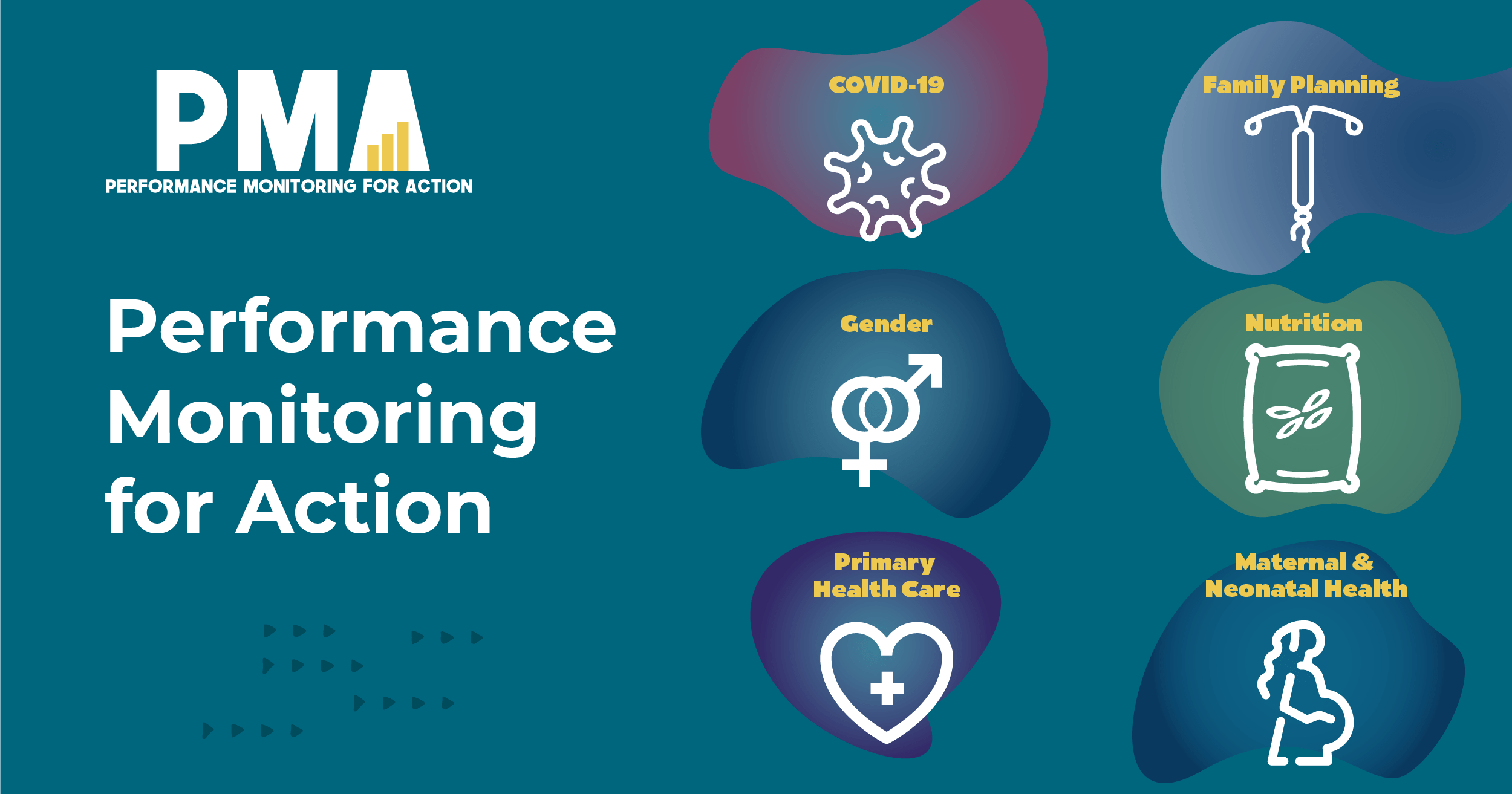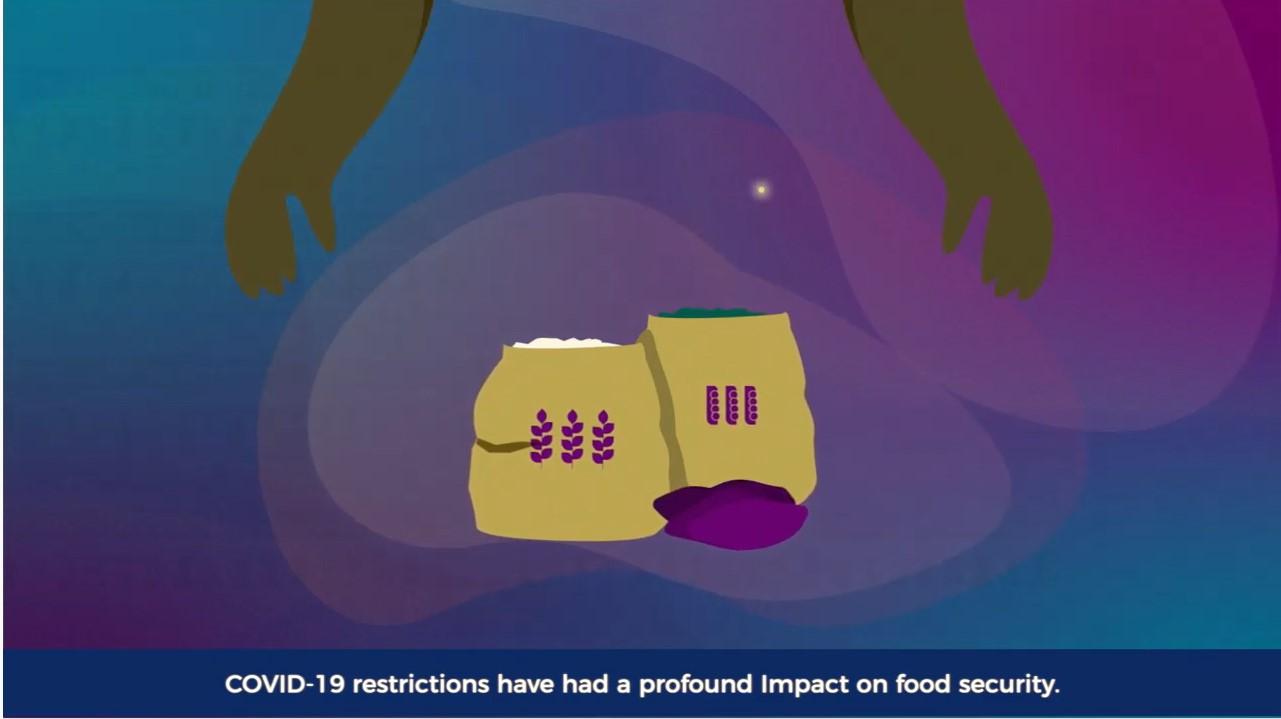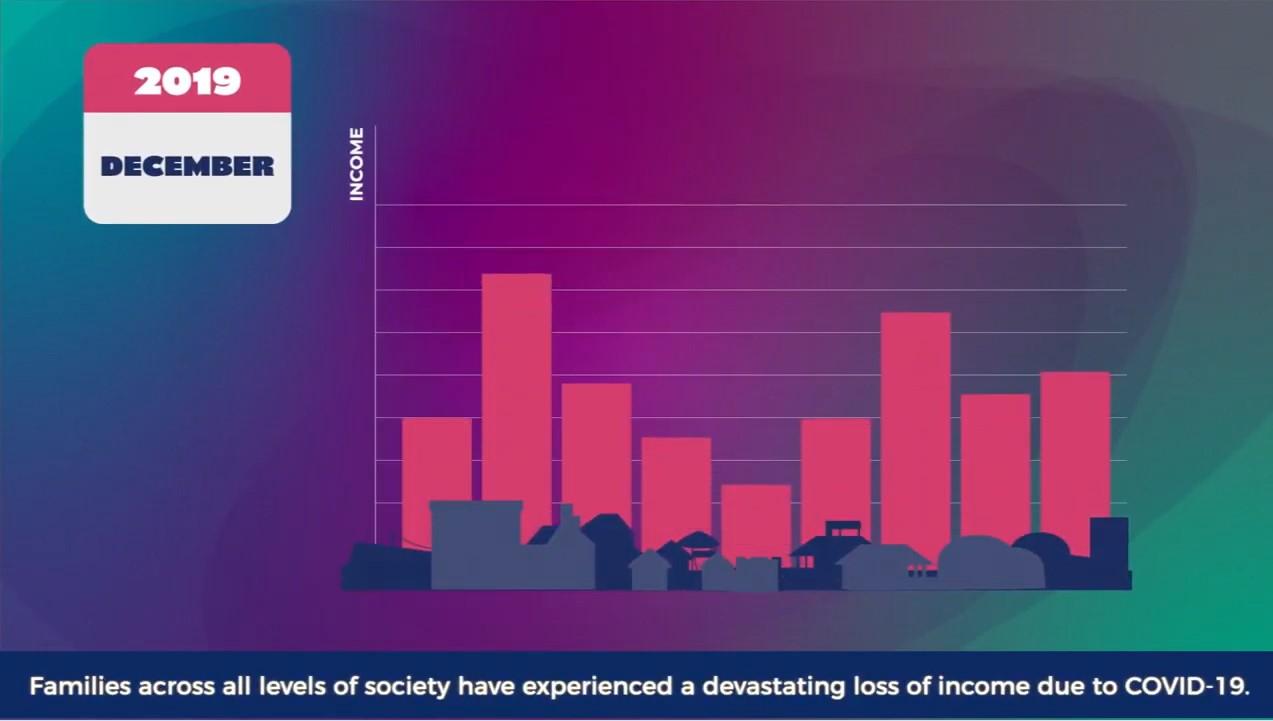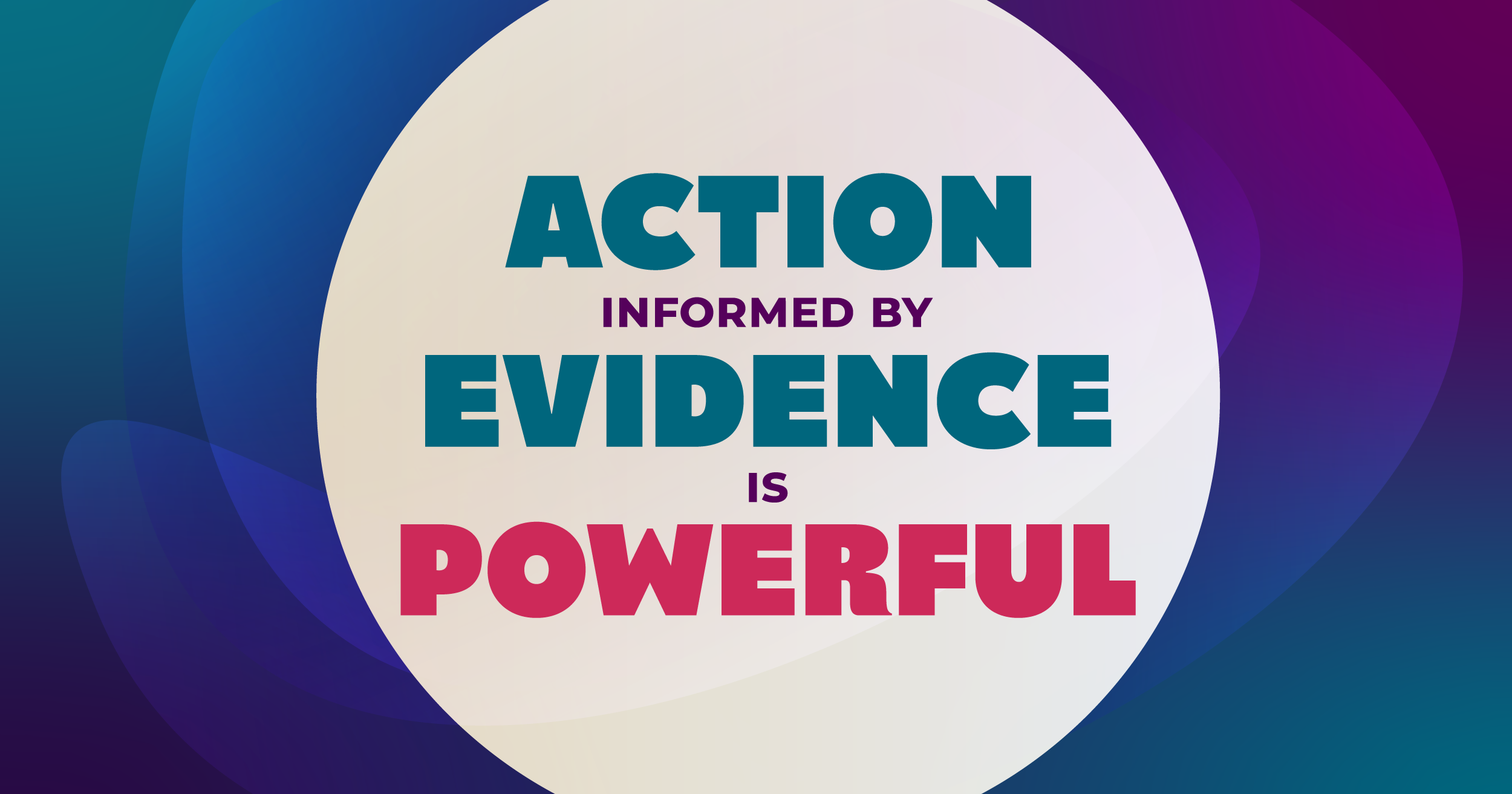COVID-19 & PMA
In December 2019, the first case of a new infection, COVID-19 was reported in China and three months later, COVID-19 has become a global pandemic, present in every continent. Current efforts to address the pandemic focus on slowing the transmission of the virus through social distancing. To respond to the COVID-19 pandemic, there is an urgent need to provide timely, high quality information on levels of knowledge and readiness to limit the spread of COVID-19, the barriers to social distancing as well as to evaluate the implications of social distancing for women’s health and their economic prospects.
PMA has been collecting data since 2013 and is well positioned to shed light on this public health emergency, by collecting timely, high quality data on women’s knowledge attitudes and practices related to COVID-19, the economic implications of social distancing and barriers to accessing health services. Specifically, we drew from our experience of the PMA Agile study and a comparison of remote data collection modes conducted in Burkina Faso.
PMA COVID-19 Survey
The PMA COVID-19 survey contacted women via telephone who participated in a baseline survey of a new phase of longitudinal data collection completed in January 2020. The 30-minute telephone survey collected data on the knowledge of COVID-19 and impacts of this pandemic in the Democratic Republic of Congo (DRC), Kenya, Burkina Faso and Nigeria. The PMA COVID-19 survey results have been provided to local governments to produce actionable information and guide the public health response to COVID-19. We will then combine information from the baseline survey (e.g., sociodemographic information like marital status, household size and age structure, household economic status) with COVID-19 measures for further analysis.
The focus of our COVID-19 survey instrument is on the most important epidemiological features of COVID-19, including:
- Awareness of the COVID-19 pandemic;
- Exposure to COVID-19 messages in the media;
- Knowledge of COVID-19 symptoms and transmission modes;
- Perceived risk of COVID-19 infection;
- Behavior change resulting from COVID-19 (e.g., social distancing, work closure);
- Economic impact of COVID-19 (impact on household income, woman's income, intra household economic dynamics);
- Impact of COVID-19 on health care seeking and access;
- Impact of COVID-19 on family planning (e.g., fertility intentions, access to family planning services, contraceptive use).
The survey instrument was created in collaboration with PMA representatives in DRC, Kenya, Burkina Faso and Nigeria, and the Ministries of Health in each country. English and French versions of the COVID-19 questionnaire may be found below. PMA baseline questionnaires may be found here. A summary of the creation of COVID-19 phone survey weights may be found here.
Read a summary of PMA's COVID-19 activities.
summary
View Survey Results Summary



